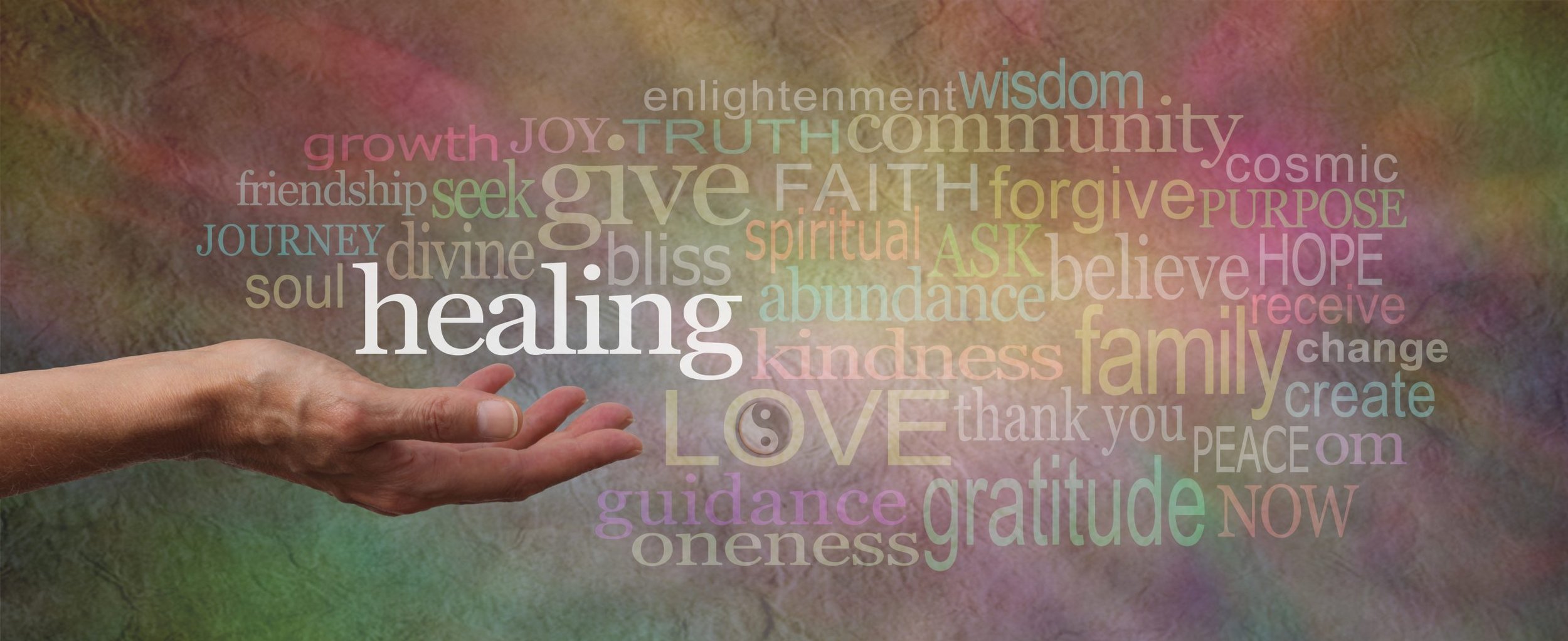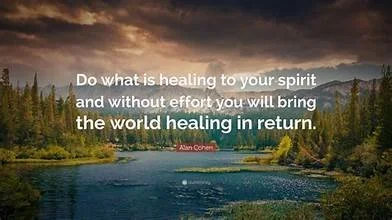Healing our violence one relationship at a time
October is Domestic Violence Awareness Month. Domestic violence is of particular concern to all of us due to its pervasiveness. Nearly one in four women and one in nine men are victims of domestic violence according to the National Institutes of Health. Domestic violence is about control over another family member and can involve physical, sexual, emotional, economic and psychological abuse. It affects people of all socioeconomic backgrounds and education levels. It affects not only those who are abused, but also impacts family members, friends, co-workers and the community at large. Survivors of domestic violence struggle with self-worth, with trusting their own instincts and perceptions, with pervasive anxiety and depression, and with a general sense of helplessness.
We have a particular concern with domestic violence due to our ongoing soul care mentoring with incarcerated individuals. Over eighty percent of incarcerated women and transgender individuals in Colorado prisons have been victims of domestic abuse. The Marshall Project and The Sentencing Project have identified domestic violence as a predictor of later incarceration. Many victims are sentenced for eventually killing abusive spouses or partners. Some are convicted because they did not stop their partner from harming children or elder parents. Others are convicted of being forced by their abuser to become drug involved and to participate in criminal activity. Some end up in prison because of their attempts to deal with their pain through drugs or deal with lack of financial resources through some form of theft. In some cases, the abused individual “takes the fall” for the abuser. Evidence of an abusive relationship is often excluded at trial, but even when admitted, lawyers and judges too often lack an understanding of the psychological effects of domestic violence. Like the broader public, they often wonder, “why didn’t she just leave?”
Prison is not a healing environment. It often reinforces the impact of the trauma. Mental health resources are inadequate. Women who are rules-compliant, a common behavior pattern of domestic violence survivors, fall to the bottom of the list of need for mental health services.
Due to your financial support and through your prayers and your education of others, we are able to bring a healing presence. We do not act as therapists, but during our mentoring sessions we assist the individuals we companion with skills for self-calming when they are triggered and tools for making decisions. We help them identify activities like artwork, poetry and journaling for processing their experiences. We guide them as they set goals and discover their own initiative and agency. More than anything, we are a consistent, caring presence modeling healthy relationships. Those of us who serve as mentors are also learning a great deal about the the practice of nonviolence, which we are able to implement in other settings. Thank you for making this possible! You are bringing healing to individual lives and fostering healing on a communal level.
National Domestic Violence Hotline: 1-800-799-SAFE; or text START to 88788


